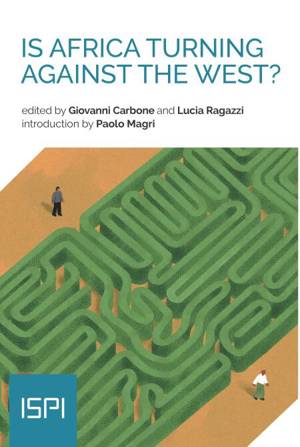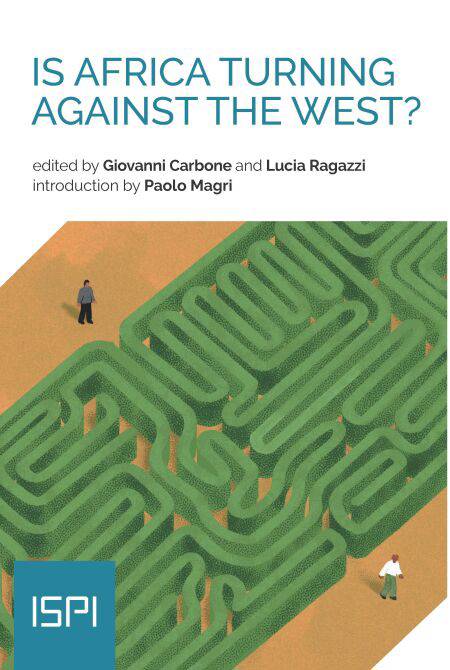
Door een staking bij bpost kan je online bestelling op dit moment iets langer onderweg zijn dan voorzien. Dringend iets nodig? Onze winkels ontvangen jou met open armen!
- Afhalen na 1 uur in een winkel met voorraad
- Gratis thuislevering in België vanaf € 30
- Ruim aanbod met 7 miljoen producten
Door een staking bij bpost kan je online bestelling op dit moment iets langer onderweg zijn dan voorzien. Dringend iets nodig? Onze winkels ontvangen jou met open armen!
- Afhalen na 1 uur in een winkel met voorraad
- Gratis thuislevering in België vanaf € 30
- Ruim aanbod met 7 miljoen producten
Zoeken
€ 6,99
+ 6 punten
Omschrijving
In the past few years, the evolving global landscape has drawn increasing attention to the positioning of African countries on major international issues. Much emphasis has been placed on African voting and diplomatic stances in international fora, political rhetoric and protests, all seemingly pointing to a shift towards a more critical approach vis à vis traditional Western partners. At the same time, non-alignment, a notion that for some retained a merely historical value, has gained new impetus as a principle guiding a number of countries of the Global South, suggesting a break in the relationship with old and new partners. This report investigates the nature and reasons of the growing anti-Western sentiment in sub Saharan Africa, combining an analysis of the current international context with a look at the long term. Is the gap between Africa and the West really expanding? What are the reasons and the possible consequences? What can be done to turn criticism into a more profound, mutual understanding?
Specificaties
Betrokkenen
- Auteur(s):
- Uitgeverij:
Inhoud
- Aantal bladzijden:
- 190
- Taal:
- Engels
Eigenschappen
- Productcode (EAN):
- 9791256000463
- Verschijningsdatum:
- 10/12/2023
- Uitvoering:
- E-book
- Beveiligd met:
- Digital watermarking
- Formaat:
- ePub

Alleen bij Standaard Boekhandel
+ 6 punten op je klantenkaart van Standaard Boekhandel
Beoordelingen
We publiceren alleen reviews die voldoen aan de voorwaarden voor reviews. Bekijk onze voorwaarden voor reviews.











